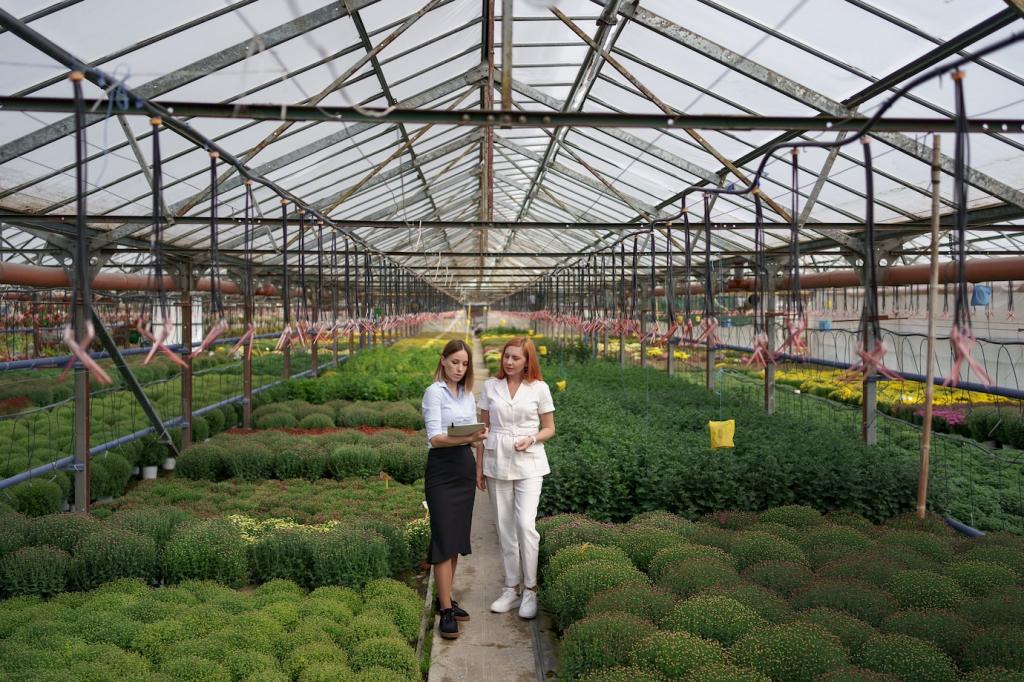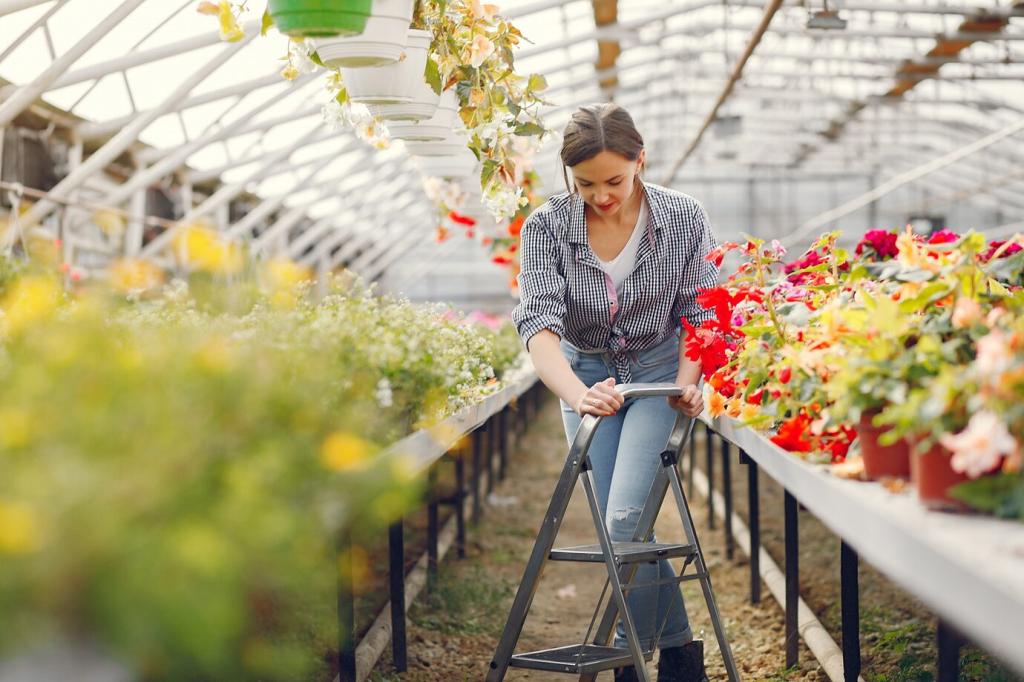
Sustainable Modern Tools for Plant Care
Discover how innovation and sustainability are transforming plant care in today’s world. Modern gardening is no longer just about nurturing greens; it’s about doing so with tools and methods that protect the environment, reduce waste, and promote healthy ecosystems. This page explores the forefront of plant care technology—tools designed to minimize environmental impact without sacrificing convenience or effectiveness. Uncover how these advancements benefit both plants and planetary health as you enhance your gardening journey.
Eco-Friendly Materials in Plant Care Tools
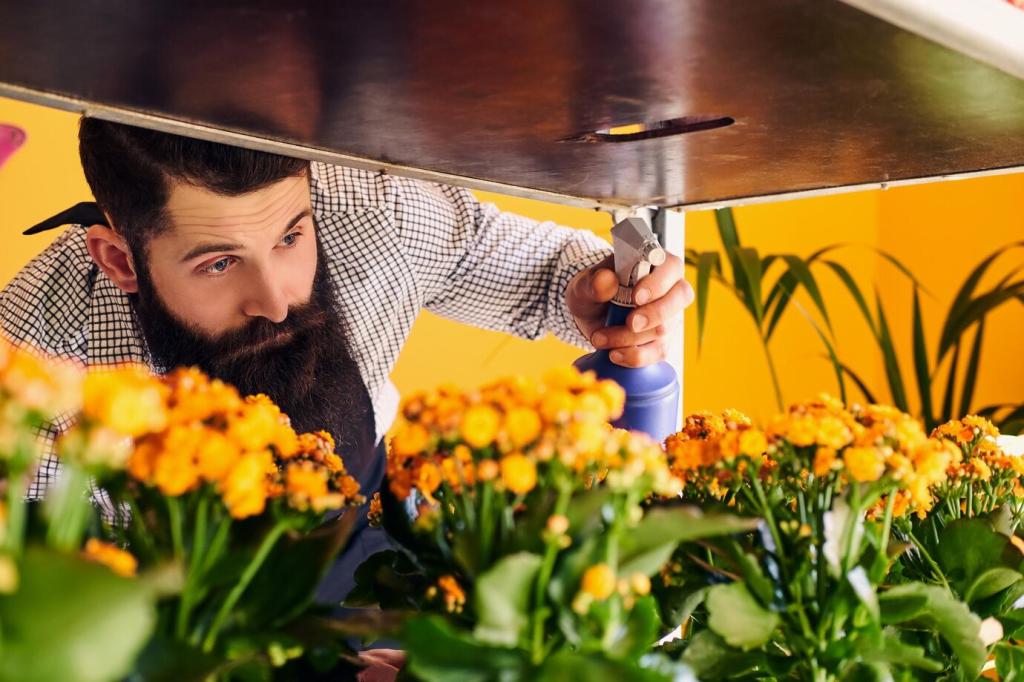
Biodegradable Gardening Pots
Gardening pots made from materials such as coconut coir, rice husks, and recycled paper are making waves among eco-conscious growers. Unlike standard plastic pots, these biodegradable containers break down naturally in the soil, integrating safely into the earth over time. This not only lessens plastic pollution but also enriches the soil as they decompose, benefiting future plantings. By choosing these pots, gardeners can reduce their environmental footprint while enjoying the convenience of single-use containers.
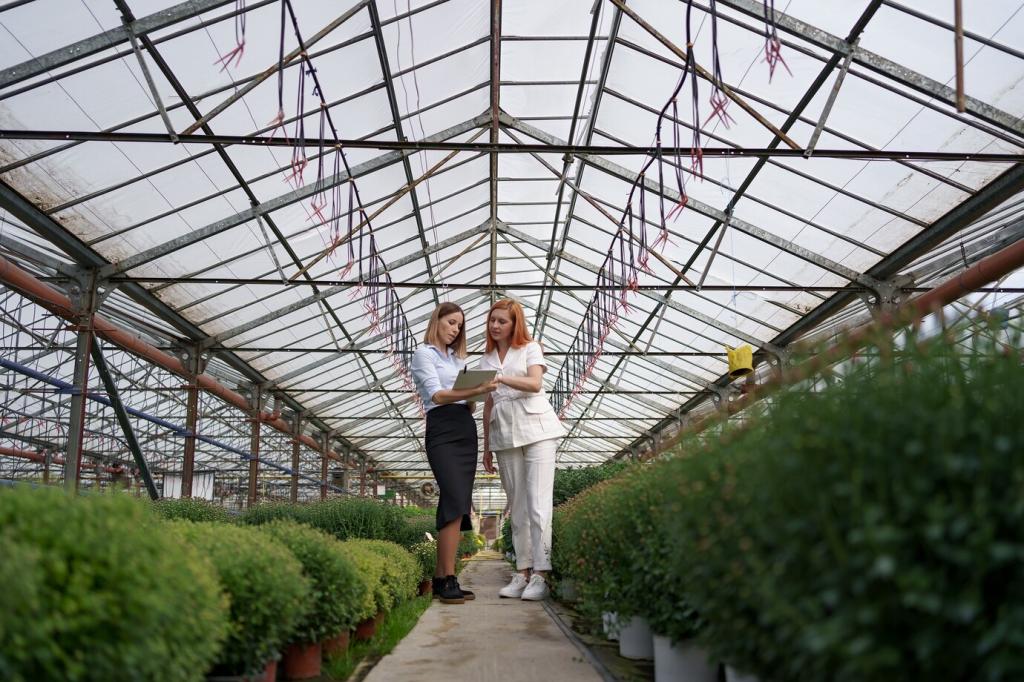
Sustainably Sourced Watering Tools
Modern watering cans and hoses are now available in versions made with recycled plastics and responsibly harvested rubber. Some innovative brands even offer modular designs, allowing parts to be replaced rather than the entire tool being discarded. This durability, combined with ethical material sourcing, supports a circular economy—one in which plant lovers can water their green spaces guilt-free, knowing their tools have minimized negative impact on the planet.
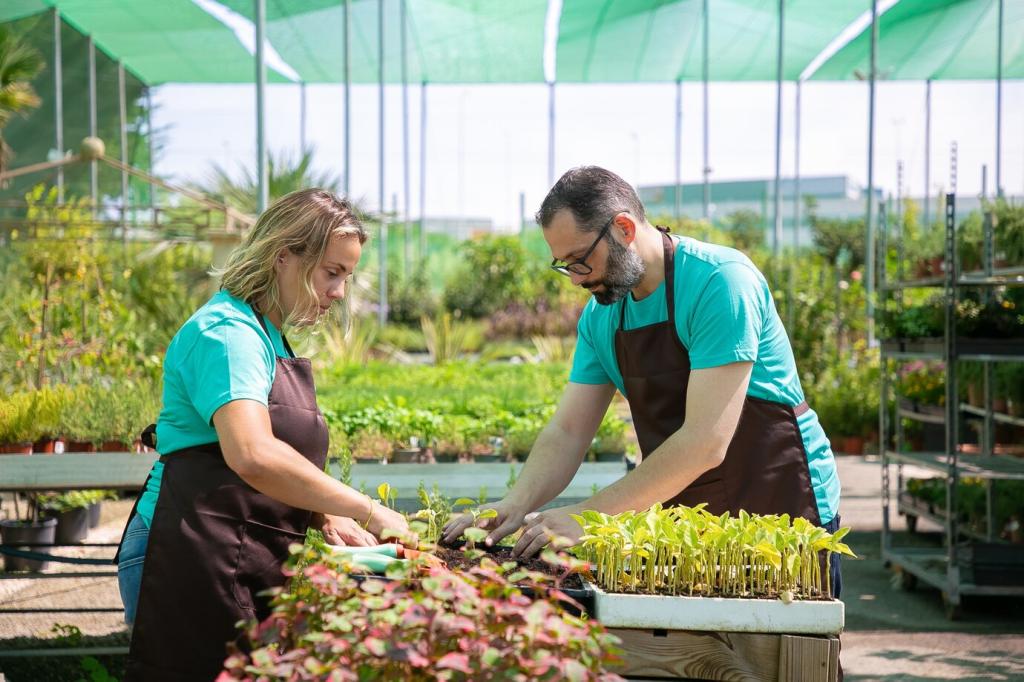
Compostable Plant Labels and Stakes
Traditional plastic labels and stakes often end up in landfill or pollute garden beds with microplastics. Compostable alternatives made from bamboo, wood, or recycled paper products are providing a sustainable solution for tracking plant varieties. These labels can be tossed into your compost pile at the end of the season, breaking down alongside plant matter, and helping create nutrient-rich compost without the need for sorting out non-biodegradable waste.
Smart Technology for Efficient Resource Management
Modern drip irrigation systems equipped with programmable timers and remote sensors allow gardeners to deliver just the right amount of water where and when it’s needed most. This not only conserves water but also prevents root disease from overwatering. Such systems, often powered by solar panels, underscore a commitment to energy efficiency and environmental stewardship, making them favorites among sustainable gardeners looking to reduce their ecological impact.
Soil sensors have emerged as essential tools in sustainable gardening, providing accurate data on soil moisture, pH, and nutrient levels. These devices help prevent unnecessary watering or fertilization, ensuring that plants get what they need without excesses that waste resources or harm the environment. The continuous feedback loop created by these sensors allows gardeners to adjust their practices dynamically, promoting healthier plants with a lighter environmental touch.
Solar power has been harnessed to charge a wide array of garden tools, from trimmers to water pumps. These solar-powered tools eliminate reliance on fossil fuels or disposable batteries, significantly reducing greenhouse gas emissions associated with traditional equipment. The use of sunlight as an energy source aligns with the broader sustainability goals of modern gardeners, transforming maintenance routines into acts of environmental responsibility one sun-powered charge at a time.
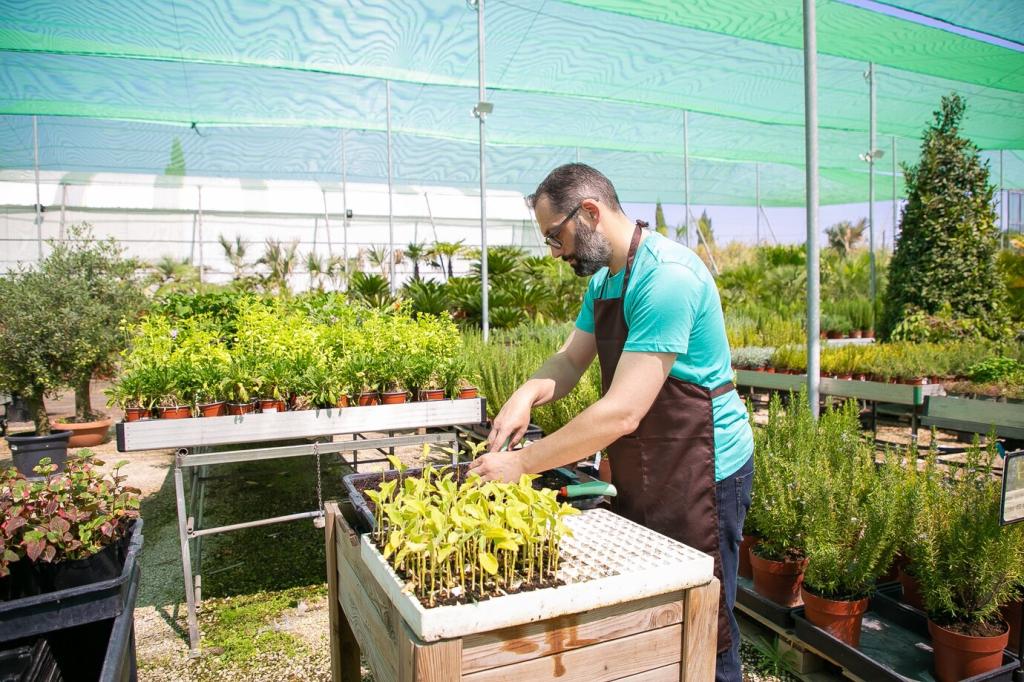
Innovations in Fertilization and Soil Care
Handheld or mechanized applicators designed for use with organic fertilizers help distribute nutrients evenly, minimizing waste and ensuring that only the intended plot receives treatment. By facilitating the use of natural fertilizers like compost teas or rock dust, these tools support soil biodiversity, prevent chemical buildup, and promote resilient plant growth. Precision in application is crucial for reducing the risk of nutrient leaching into waterways, a major concern in conventional gardening.
